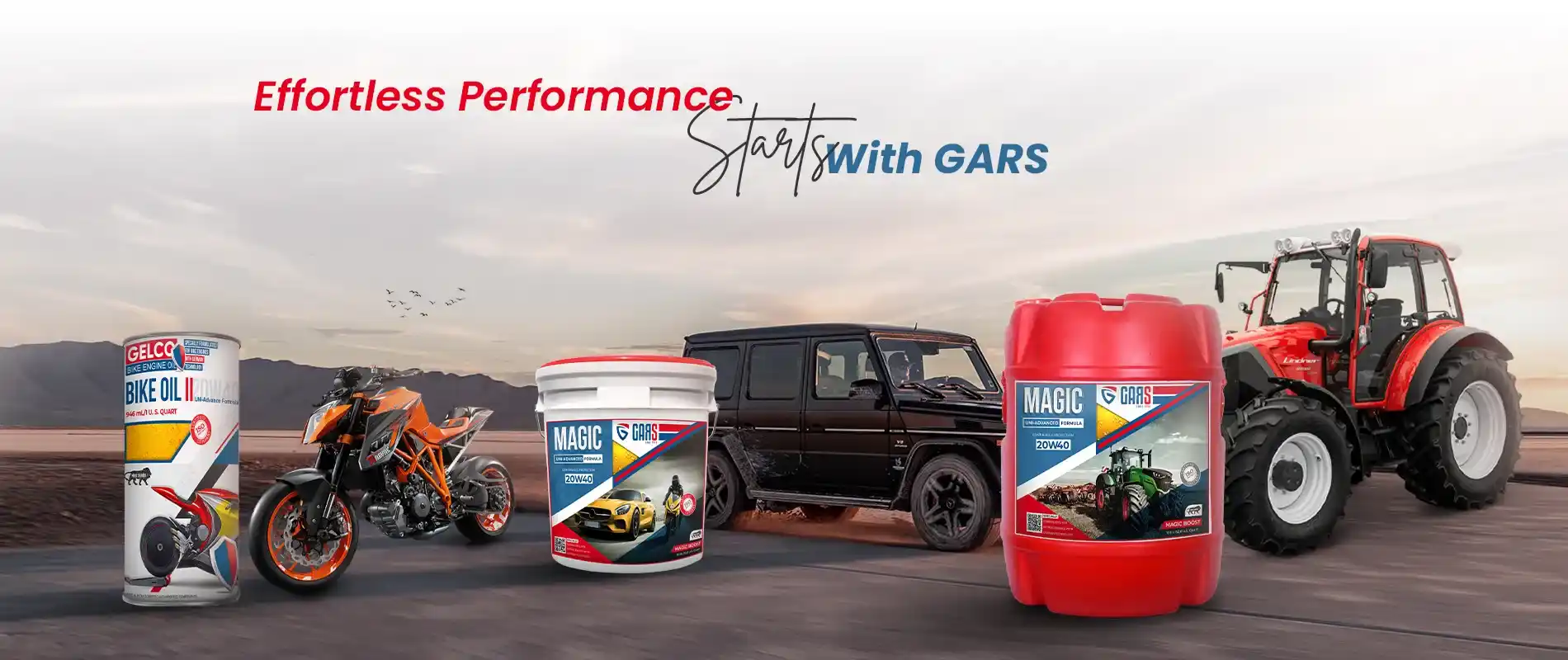Understanding Coolant Oil: Its Role, Types, and Importance in Engine Maintenance

Coolant oil, often referred to as engine coolant or antifreeze, plays a vital role in maintaining the temperature and overall efficiency of an engine. It’s a crucial component of a vehicle’s cooling system, designed to regulate the engine’s temperature and prevent it from overheating or freezing. In this article, we will explore the significance of coolant oil, its various types, and the importance of regular maintenance to ensure the longevity and performance of your engine.
What is Coolant Oil?
Coolant oil is a mixture of water and antifreeze chemicals that circulate through the engine to absorb heat and carry it away from critical components, such as the engine block, radiator, and thermostat. This process helps maintain optimal engine operating temperatures and ensures that the engine doesn’t overheat, which could lead to severe damage or failure.
The coolant oil works in conjunction with the engine’s radiator to dissipate heat into the atmosphere. It also helps protect against rust and corrosion, lubricates moving parts in the cooling system, and raises the boiling point of the engine fluid to prevent it from turning into steam during high temperatures.
Types of Coolant Oil
-
Ethylene Glycol-based Coolant
The most common type of coolant oil, ethylene glycol is a chemical compound that lowers the freezing point of the coolant while increasing the boiling point. This makes it ideal for use in both cold and hot climates. However, it’s important to note that ethylene glycol is toxic, so it should be handled carefully. -
Propylene Glycol-based Coolant
A safer alternative to ethylene glycol, propylene glycol is less toxic and environmentally friendly. It’s also used to prevent freezing and overheating, but it doesn’t perform as efficiently as ethylene glycol in extreme temperatures. It’s often used in applications where there’s a potential for leakage, such as in RVs or food-related industries. -
Hybrid Organic Acid Technology (HOAT) Coolant
HOAT coolants are a blend of traditional inorganic acid technology (IAT) and organic acid technology (OAT). These coolants offer superior protection against corrosion and scaling and are commonly found in European vehicles. -
Organic Acid Technology (OAT) Coolant
OAT coolants use organic acids to prevent corrosion and don’t contain silicates or phosphates. They are often used in modern vehicles and provide long-lasting protection. However, they are not recommended for all vehicles, so always refer to the manufacturer’s specifications. -
Inorganic Acid Technology (IAT) Coolant
The oldest type of coolant oil, IAT is typically found in older vehicles. It’s composed of silicates and phosphates that provide short-term protection against corrosion but may not offer the long-term performance of newer coolant types.
The Importance of Coolant Oil in Engine Maintenance
-
Preventing Overheating
Coolant oil is the primary safeguard against engine overheating. By absorbing heat and carrying it away from the engine, coolant ensures that your vehicle operates at a safe temperature, preventing damage to critical engine components such as pistons, valves, and the cylinder head. -
Freezing Prevention
Coolant oil also helps prevent the engine’s water-based coolant from freezing in cold weather. The antifreeze properties of coolant oil lower the freezing point, ensuring the fluid remains in liquid form and continues to circulate even in frigid temperatures. -
Corrosion Resistance
The chemicals in coolant oil prevent rust and corrosion from building up in the engine’s cooling system. Corrosion can damage the radiator, water pump, and hoses, leading to costly repairs. -
Lubrication
Coolant oil also serves as a lubricant for moving parts within the engine’s cooling system, such as the water pump and thermostat. Proper lubrication reduces wear and tear on these components, extending their lifespan. -
Maintaining Engine Efficiency
Maintaining the proper level and quality of coolant oil helps ensure the engine runs efficiently. Without sufficient cooling, an engine could lose performance or suffer long-term damage, reducing fuel efficiency and engine life.
Signs of Coolant Oil Problems
If your coolant oil is compromised or running low, it could lead to engine problems. Here are some signs to watch for:
-
Overheating Engine: If the engine temperature gauge reads higher than usual, it could indicate a coolant issue.
-
Coolant Leaks: A puddle of coolant beneath your vehicle is a sign that the coolant system is leaking and may require a top-up or repair.
-
Poor Heater Performance: If your vehicle’s heater is not working properly, it could indicate that the coolant system is malfunctioning.
-
Discolored Coolant: Healthy coolant oil is usually green, pink, or orange. If it looks rusty or brown, it may have become contaminated and needs replacement.
How Often Should You Change Coolant Oil?
Most manufacturers recommend changing the coolant oil every 30,000 to 60,000 miles, or about every 2 to 5 years, depending on the type of coolant used and the vehicle’s specifications. However, always refer to your vehicle’s owner manual for the manufacturer’s recommendations.
The engine oil manufacturer has invested in advanced technology to develop synthetic oils that provide superior performance.
Conclusion
Coolant oil is an essential component in maintaining your vehicle’s engine. It not only prevents overheating and freezing but also protects against corrosion and ensures smooth engine operation. Regularly checking and replacing coolant oil is crucial for keeping your vehicle running efficiently and avoiding costly repairs. By understanding the types of coolant oil and the role it plays in engine maintenance, you can make informed decisions to extend the life of your vehicle and enjoy reliable performance for years to come.